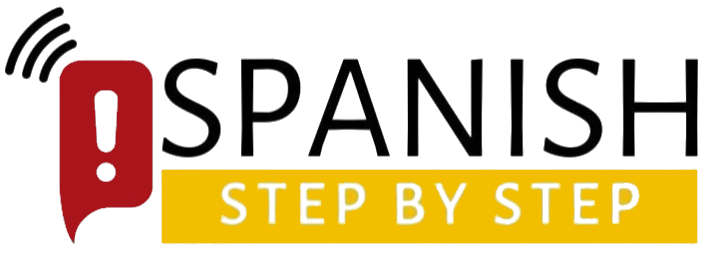Smile, you can be a polyglot!
A polyglot is defined as someone who can speak or use several different languages, and this phenomenon has become a growing area of interest if the number of people searching for articles, videos and books on how to become a polyglot is anything to go by. For example, TED talk ‘Secrets of learning a new language’ from polyglot Lýdia Machová has had more than 11 million views. In this video she shares her own tips on how to speak multiple languages and argues that anyone can embark on this adventure!
Of course the cognitive and social benefits of language-learning are huge, but is being a polyglot as accessible as Machová suggests? What is it really like speaking multiple languages, and can you really learn two (or more) languages at the same time?
I spoke to multi-linguist Sarah, originally from England, and now living in Paris, about her experience of learning and speaking multiple languages.
How many languages do you speak? Which is your favourite and why?
Including my native language, English, I’m fluent in four languages (also French, German and Spanish). I know some basic Italian and Portuguese too.
I don’t have a set favourite. As I live in Paris, French comes the most easily but I love speaking Spanish too, and the quirky logic of German will always have a place in my heart!
What motivates you to keep learning languages?
Both professional and personal reasons.
I work in an international organisation where English and French are the two official languages, but an understanding of other languages and cultures has definitely come in handy!
I chose Spanish as a third language at university because it’s one of the most widely spoken languages in the world and because I was interested in travelling to Spain and Latin America and didn’t want to go without understanding the language. An interest in the country plays a big part in my motivation.
On a personal level, it’s always much nicer to speak to someone in their native language, as well as being useful at parties! A moment I will always remember is when a Spanish-speaker opened up to me in Spanish once she knew I spoke it. She had previously been very reserved whilst speaking French, which wasn’t her native language.
How do you keep each language going? How do you make sure you keep improving?
Apart from French, which I’m reasonably well-exposed to living in France, I find it difficult to keep learning by myself! This is why in the past year I have started taking weekly German and Spanish lessons to try and refresh them.
Ideally, I try to listen to at least a German podcast or Instagram live every morning. You can’t cram when it comes to languages, it has to be on a daily (or at least regular) basis.
I think the key is to do something you enjoy, whether that’s watching a Spanish film on Netflix or perhaps doing a language exchange or reading a book. When starting to learn Spanish, I watched Grey’s Anatomy dubbed in Spanish. Apps are useful for learning new vocabulary.
I also try and take every chance to practise with any native speakers that will let me, and visit Germany and Spain as often as I can — the most fun and productive way to learn!
What’s it like to learn multiple languages at once? Do you ever get confused between different languages? Do you have any tricks to avoid it?
Sometimes, particularly with languages that are very similar, like Spanish and Portuguese. Or even with languages that aren’t. I remember visiting Germany after a long stint in France and being incapable of ordering my coffee in the right language. Unfortunately, I don’t have any secret tricks there, other than practise!
Do you think anyone can learn a language? What would you say to someone who feels like they simply don’t have the “language gift”?
Yes, I think anyone can, with a bit of motivation and perseverance! There may be people who pick up new languages particularly quickly, but research suggests that aptitude is only one factor. Your motivation level, learning strategies and cognitive factors (for example if you’re more extroverted or inclined to take risks), will also have an impact on how fast you progress.
Also, don’t be discouraged if you weren’t good at languages at school. Some of the most remarkable polyglots didn’t get on with formal language learning at school, instead they needed to find techniques that correspond better with their personality and learning style.
For someone wanting to learn a second, third or fourth language, where is the best place to start?
Apps such as Duolingo can be helpful, but I do think it’s a good idea to have lessons. Studies show that lessons are a key part of providing fun and structure to language learning; it’s not easy to stay motivated if you’re just going it alone! And then, just try and expose yourself to as much of the language as possible, like listening to the radio or reading the news, even if you can only pick up a couple of words at first. Something that polyglots share is that they simply find learning languages fun. So choose a language that you’re actually interested in, it will help!
And so the secret to becoming a polyglot? You might not be surprised that it takes hard work and regular practice! But the good news is that learning a language is available to everyone. With the right teacher and learning techniques suited to your personality and interests, you can start achieving your language learning goals.
